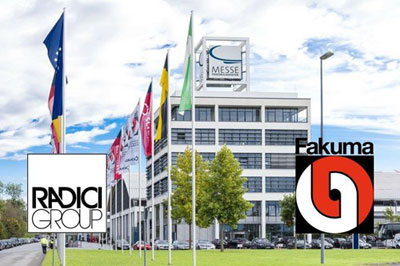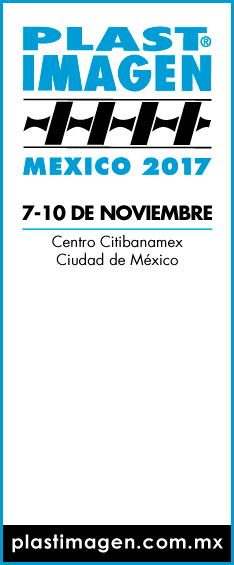| Plastics News |
At Fakuma 2017, RadiciGroup presents its new PPS-based polymers
October, 17, 2017 - The RadiciGroup Performance Plastics Business Area is exhibiting at Fakuma 2017 (Hall A1 Stand 1106) in Friedrichshafen, Germany. Germany is a strategic market for RadiciGroup, and the Group’s chemicals and engineering plastics businesses both have production sites in the country. To meet the ever more exacting requirements of the engineering plastics market – notably the important German automotive industry – in terms of innovation and performance, RadiciGroup has continued to expand its range of high performance polymers. At Fakuma 2017, RadiciGroup is officially announcing its new PPS-based products: high-performance polymers, particularly suited to engineering applications.
“The Raditeck® P products were created as part of RadiciGroup’s strategy of expanding its speciality products portfolio,” stated Erico Spini, marketing manager Europe of RadiciGroup Performance Plastics. “A wider choice of available materials allows us to better support our customers, specifically in their projects involving innovation and metal replacement. At Fakuma 2017, we are presenting five Raditeck® P grades, from a 40% glass-fibre fill to a 65% mixed mineral-glass fibre fill. Naturally, we are ready to create new customized grades, in line with our collaboration philosophy, which has always positively influenced business relations between our company and our partners.” The main application sectors for RadiciGroup’s new Raditeck® P products are:
“Another aspect we are particularly proud of,” Mr. Spini concluded, “is our collaboration with customers providing support in the development of their projects starting from the very beginning phases. We like to call ourselves a ‘solution provider’: besides giving assistance in choosing the right materials, we can also provide advanced structural calculation support. This simulation approach allows for obtaining a model of the structural component, typically made with fibre-reinforced material, that takes into account all variables that affect processing and part performance, including most importantly the glass fibre orientation. In this way we establish a relationship between the ‘local’ mechanical characteristics of the part and its morphology, influenced by the parameters of the moulding process used. Thus, it is possible to evaluate, among other properties, the change in the mechanical resistance of the component as a function of the position of the gate(s), with the part geometry left unchanged. We have concluded that this new approach provides a noticeable improvement in the reliability of virtual calculations, with a consequent reduction in the design costs caused mostly by errors in the initial stages. We’ve made sizeable investments in the advanced characterization of our materials – both new and standard ones – that are often used for metal replacement in innovative applications.” All the above topics with be covered during the presentation, “RadiciGroup Performance Plastics’vision: new materials and innovative calculation approaches for today's and tomorrow's applications”, given by Erico Spini at Fakuma 2017, in the Exhibitor Forum, at 9.40 a.m. on Thursday, 19 October (Foyer East, Gallery Europa Lounge). In the RadiciGroup exhibitor space at Fakuma (Hall A1 Stand 1106), the laser marking of a RadiciGroup specialty polyamide, optimized for this kind of processing, can be observed. This demonstration is made possible through a collaboration with Evlasere, a company specializing in the design and production of laser equipment for industrial, aesthetic and medical applications. Source: RadiciGroup
|


